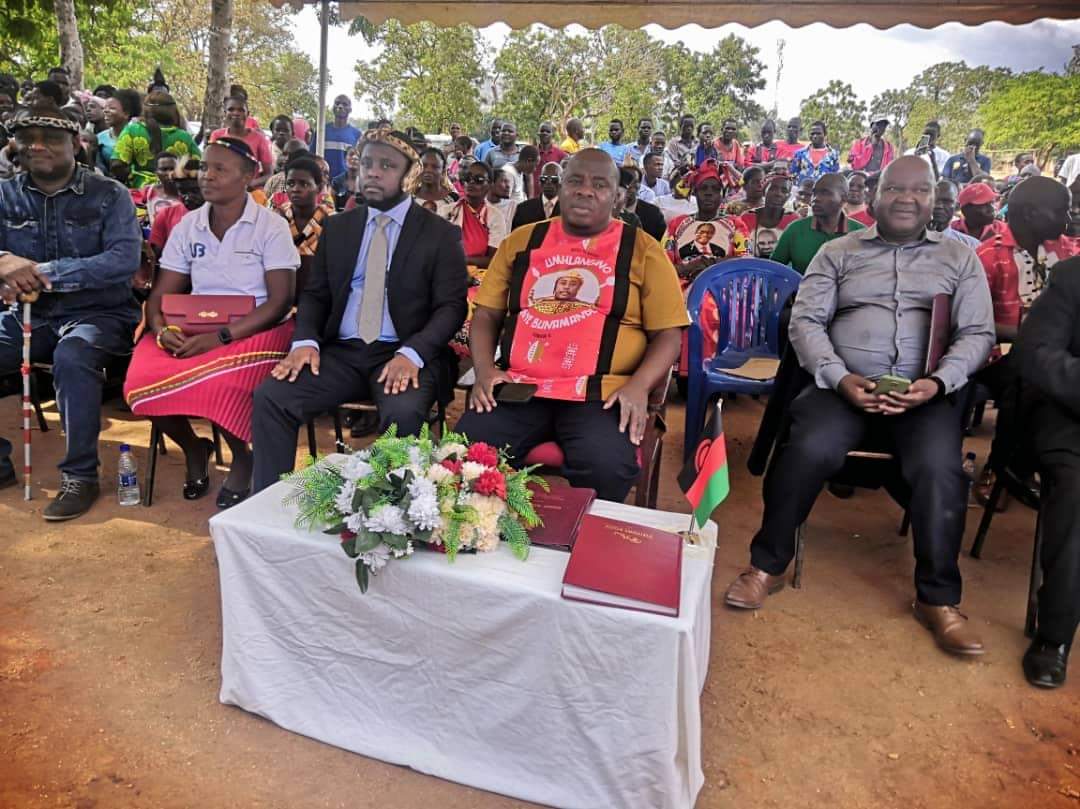By Vincent Gunde
President and Commander in Chief of Muvi wa Chilungamo Revolutionary Party (MRP) Bantu Saunders Jumah, says it is possible to change Malawi from being the paramount chief of the 46 poorest countries on the Earth’s planet to a rich nation.
Jumah said for 60 years of independence, politicians have been labelling Malawi as the poor country while it has all the resources such as five lakes, plenty of water in its rivers, precious minerals and the popular Indian Hemp (Chamba) to make itself rich.
He said well- educated people, Doctors and Professors have ben quitting their professions to join politics taking advantage over the illiterate of the people by giving them handouts in exchange of their votes to enter government and become rich through corruption in government.
In its best manifesto on the land, Jumah said MRP has come to bring back lost trust and expectations of the citizens that Malawi can develop within a few years 10-15 years not 2063 as put by failed leaders who are continuing destroying the country through corruption.
Jumah said MRP once voted into power has the solution to end corruption in government saying those that will be found doing it either Ministers, Principal Secretaries, MPs, chiefs, president and his sons and daughters, must face “Death Penalty”.
He said “Death Penalty” is prohibited in modern democracy noting with interest that in the United States of America (USA) corrupt people are being killed silently and Malawi through MRP will adopt the system for corruption to be the history of the six past governments and political parties.
The MRP President has expressed his grave concern that six governments and six political parties have ruled the country but no none has ended corruption only preaching about it that people must Reject, Resist and Report corruption and those arrested and prosecuted, are only members of the opposition parties.
He said rampant corruption has been a syndicate of government to government and political party to another political party making Malawi to be the poorest country while politicians who are ruling the country are thieves hiding in the name of servant leaderships.
“For 60 years, development has been going to areas where the leaders are coming from and areas which have not produced any leader are lacking social basic amenities,” said Jumah.
He has encouraged Malawians to go through MRP Manifesto so that together can join in a quest for a better Malawi through Mindset Change that Malawi is not poor but politicians are the ones who have made Malawi to be poor.
Jumah said MRP has an office located at Phekani House opposite Chibisa House along Sir Glyn Jones Road in Blantyre, appealing to those who wants to be part of the Revolutionaries to call the Secretariat on 0980008653 and 0888897476 assuring all that the party has strong pillars of Unity, Order, Patriotism, Conformity and Mindset Change.





